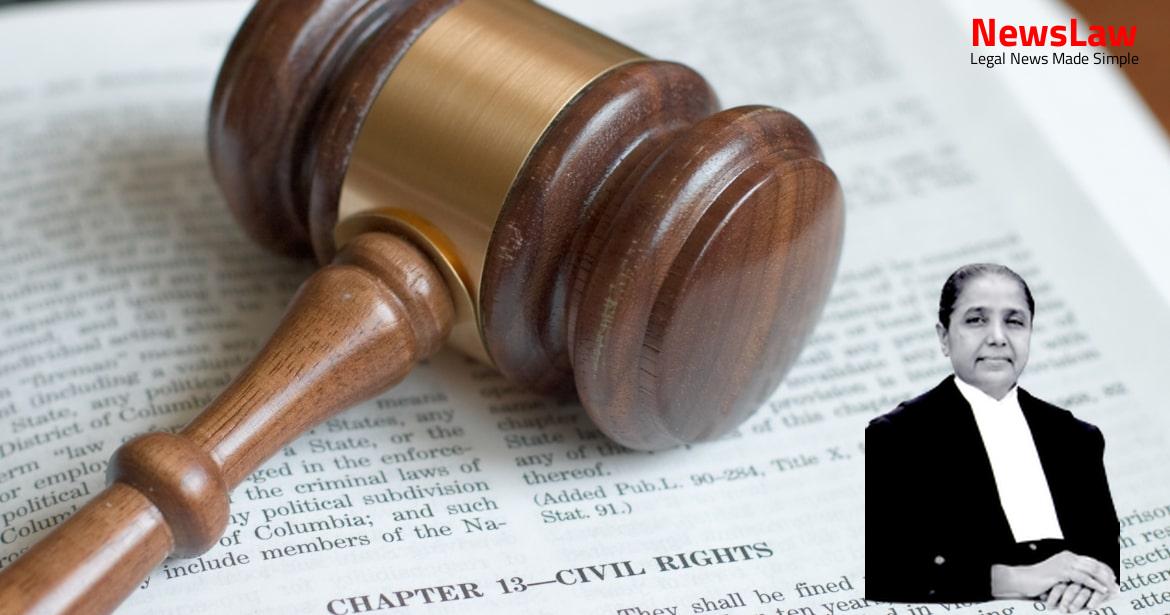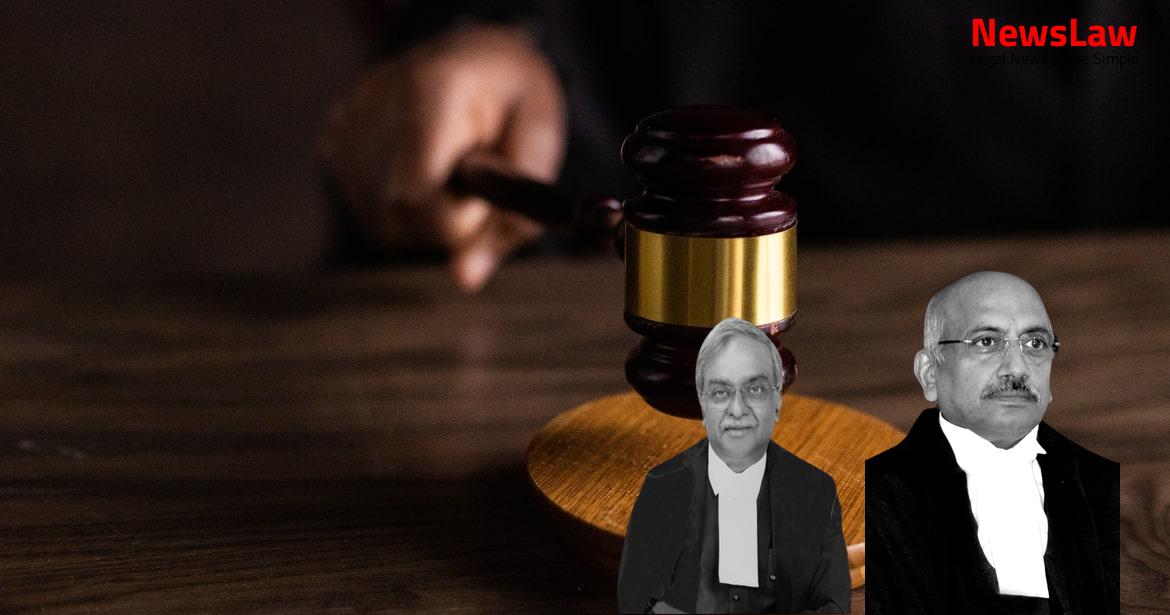Delve into the intricate legal aspects of executing arbitral awards as analyzed by the court in a recent case. The court’s evaluation of the parties’ remedies and the proper procedural steps to enforce arbitration decisions sheds light on the importance of adherence to statutory provisions. This blog post uncovers key insights into the court’s interpretation of the Arbitration Act and the significance of approaching the appropriate legal forums for seeking redress in such matters.
Facts
- 50% of the amount with interest can be withdrawn by the original writ petitioners, the land owners
- The withdrawal is allowed on the condition that an affidavit of undertaking is filed
- The affidavit should state that if an adverse order is passed against them and excess amount has been withdrawn, it must be re-deposited with the authority
- The High Court permitted the original landowners to withdraw 25% of the compensation amount by providing a solvent surety.
- The remaining 25% of the amount was directed to be deposited with the competent authority for investment in a fixed deposit account in a Nationalized Bank.
- The NHAI was dissatisfied with the High Court’s order directing them to deposit the entire compensation amount awarded by the arbitrator.
- The land of the original landowners was acquired by NHAI under the NHAI Act, and the compensation amount was enhanced by the arbitrator.
- The original landowners did not execute the award but filed a writ petition seeking NHAI to deposit the enhanced amount with the Competent Authority.
- The High Court, in its judgment, directed NHAI to deposit the entire amount with interest with the Land Acquisition Authority.
- The NHAI challenged the arbitrator’s award under Section 34 of the Arbitration Act, specifically for the enhanced amount.
Also Read: Challenging Legal Presumptions in Negotiable Instrument Cases
Arguments
- Ms. Aishwarya Bhati, learned ASG appearing for the NHAI argued that the High Court made a serious error by allowing the original land owners to withdraw 75% of the compensation with interest, despite the NHAI already challenging the award through the statutory remedy of appeal under Section 34 of the Arbitration Act.
- The ASG further contended that since the award was executable before the Executing Court, the land owners should have pursued execution proceedings instead of approaching the High Court under Article 226 of the Constitution of India.
- NHAI has filed the present appeal challenging the High Court’s decision to entertain the writ petitions for executing the award.
- The private respondents, original landowners, do not dispute the executability of the award passed by the Arbitral Tribunal/Court.
- Reference is made to an order in a similar case where NHAI was directed to deposit 50% of the compensation with the Executing Court for withdrawal by the landowners unconditionally.
- NHAI is further directed to deposit the remaining compensation amount as per the award under Section 34 of the Arbitration Act with the Executing Court within four weeks after determination.
Also Read: Legal Analysis of Admission Irregularities in Educational Institutions
Analysis
- The High Court should not have entertained the writ petition seeking execution of the arbitral award when there is a pending challenge under Section 34 of the Arbitration Act initiated by NHAI.
- The High Court, by granting directions to execute the award, essentially acted as an Executing Court.
- The original writ petitioners had an alternative and efficacious remedy to execute the award by initiating execution proceedings before the competent Executing Court.
- The High Court should have directed the original writ petitioners to pursue the remedy of execution instead of entertaining the writ petition under Article 226 of the Constitution of India.
- The writ petition filed by the original writ petitioners sought directions for deposit of the award amount and payment by the concerned parties.
- High Courts should not convert themselves into Executing Courts
- They should not entertain writ petitions under Article 226 to execute awards passed by Arbitral Tribunal/Court
- This would flood the High Courts with writ petitions
- Judgment creditors should file execution proceedings before the competent Executing Court
- The impugned judgment and order by the High Court should be set aside
Also Read: Land Compensation Enhancement Case Summary
Decision
- The NHAI is directed to deposit 50% of the compensation amount awarded by the Arbitral Court with the Executing Court within four weeks.
- This amount is to be released unconditionally to the land owners.
- The remaining balance of compensation as per the Award to be determined under Section 34 of the Arbitration Act should also be deposited by the NHAI with the Executing Court within four weeks of such determination.
- This balance amount shall also be released to the land owners by the Executing Court, subject to the rights and remedies available to the parties in law.
- The impugned order passed by the High Court of Bombay dated 01.04.2022 is modified accordingly.
Case Title: NATIONAL HIGHWAYS AUTHORITY OF INDIA Vs. SHEETAL JAIDEV VADE (2022 INSC 861)
Case Number: C.A. No.-005256-005256 / 2022



